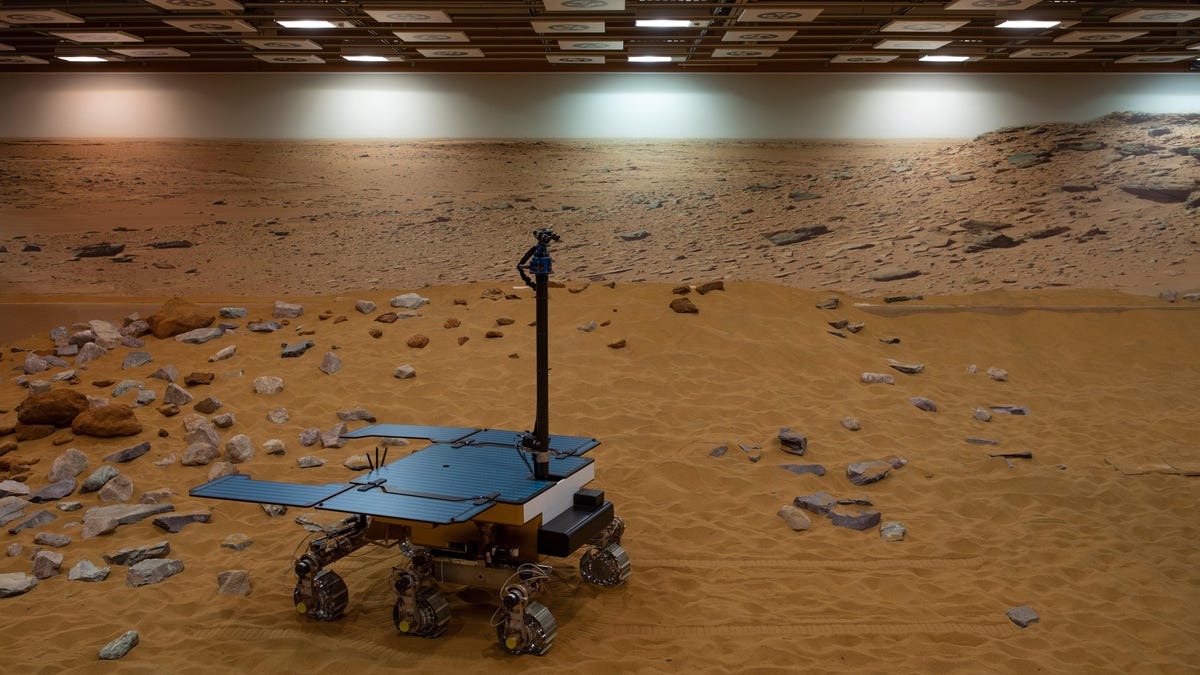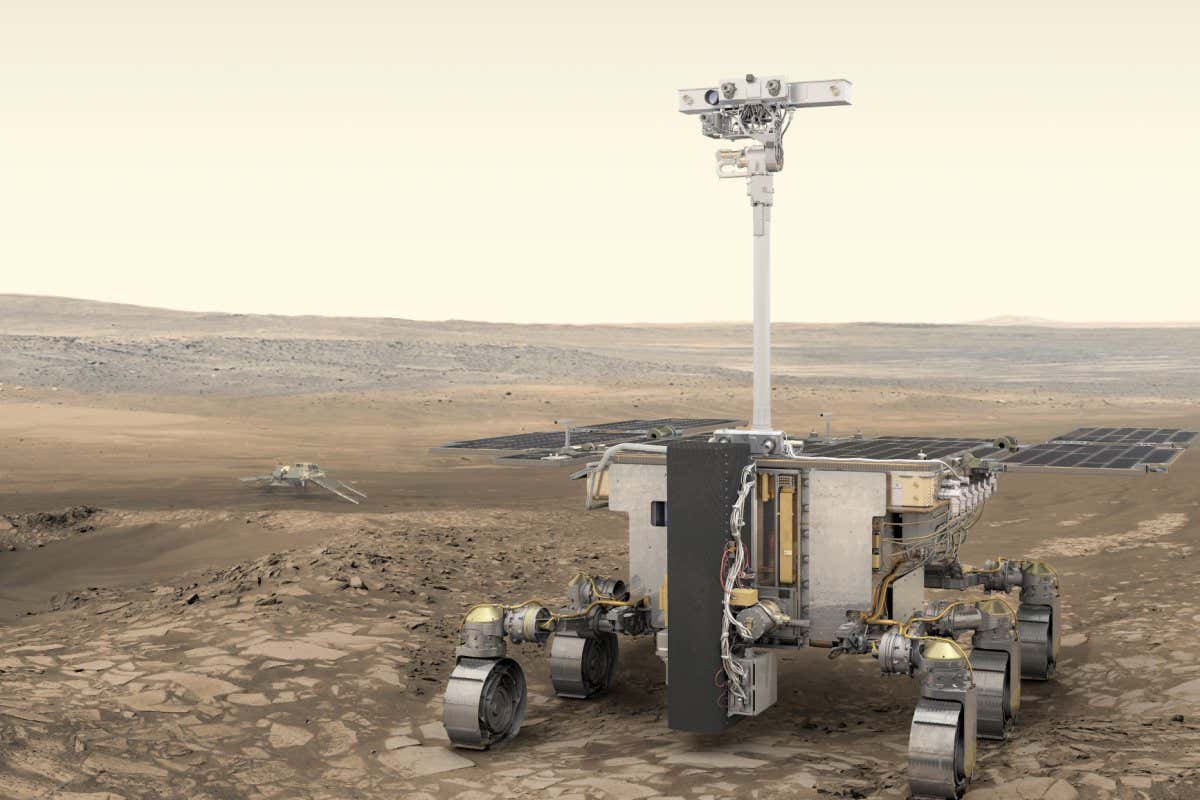
Advertisement
That bad piece of news sounds somewhat familiar. ExoMars was once scheduled for a summer 2020 launch, but that was pushed back due to a combination of technical delays and, like so much else in the past two years, the covid-19 pandemic. The first mission of the ExoMars program, which arrived at Mars in 2016, was a mixed success: All went well with the Trace Gas Orbiter satellite, which now circles Mars and delivers fascinating scientific results; but the Schiaparelli lander that arrived with it crashed on the Martian surface, after a miscalculation told its software it was below the ground rather than 2 miles above it.
The ideal launch opportunity for a spacecraft making its way to Mars only occurs once every 26 months, meaning unsuspected hiccups can lead to lengthy delays.
Advertisement
